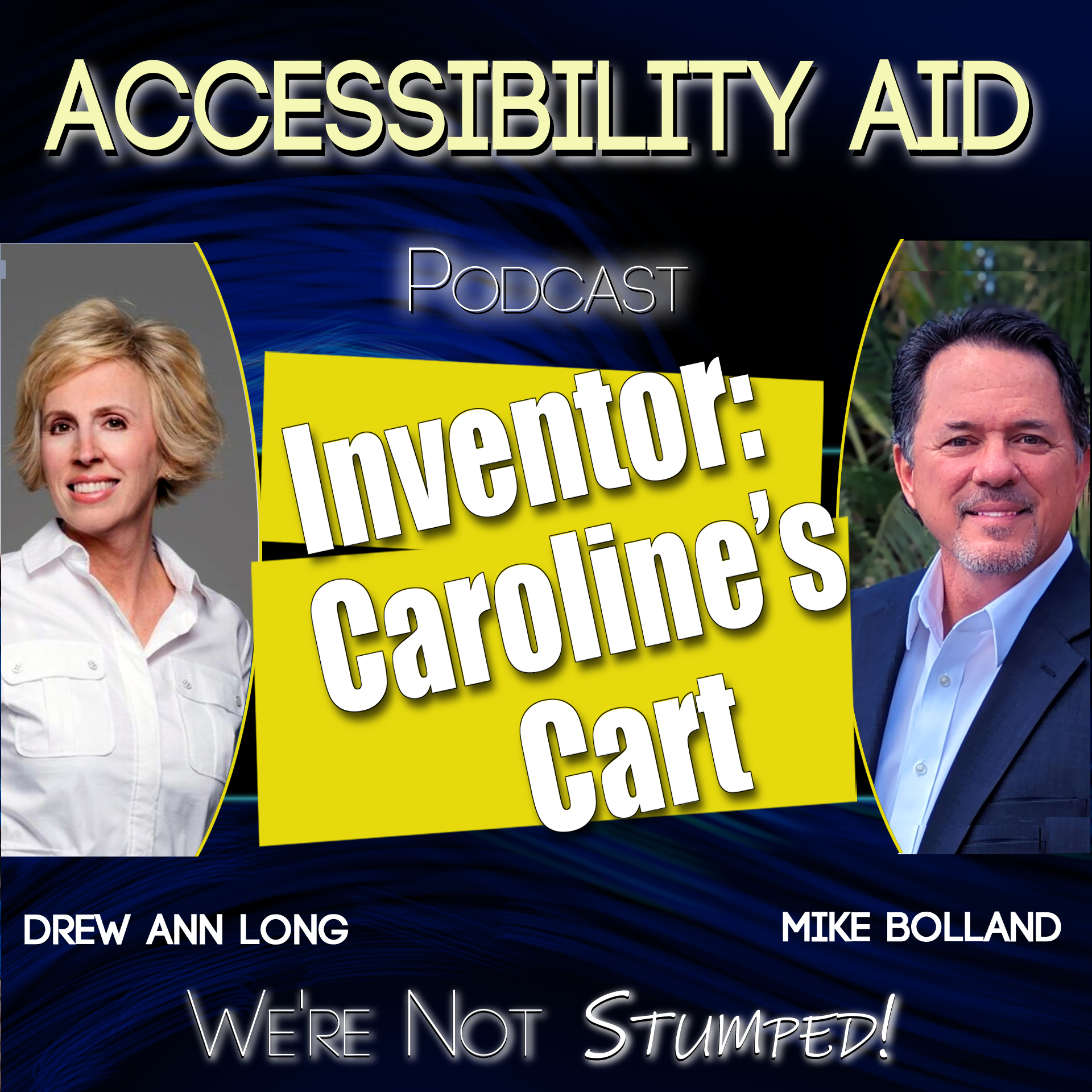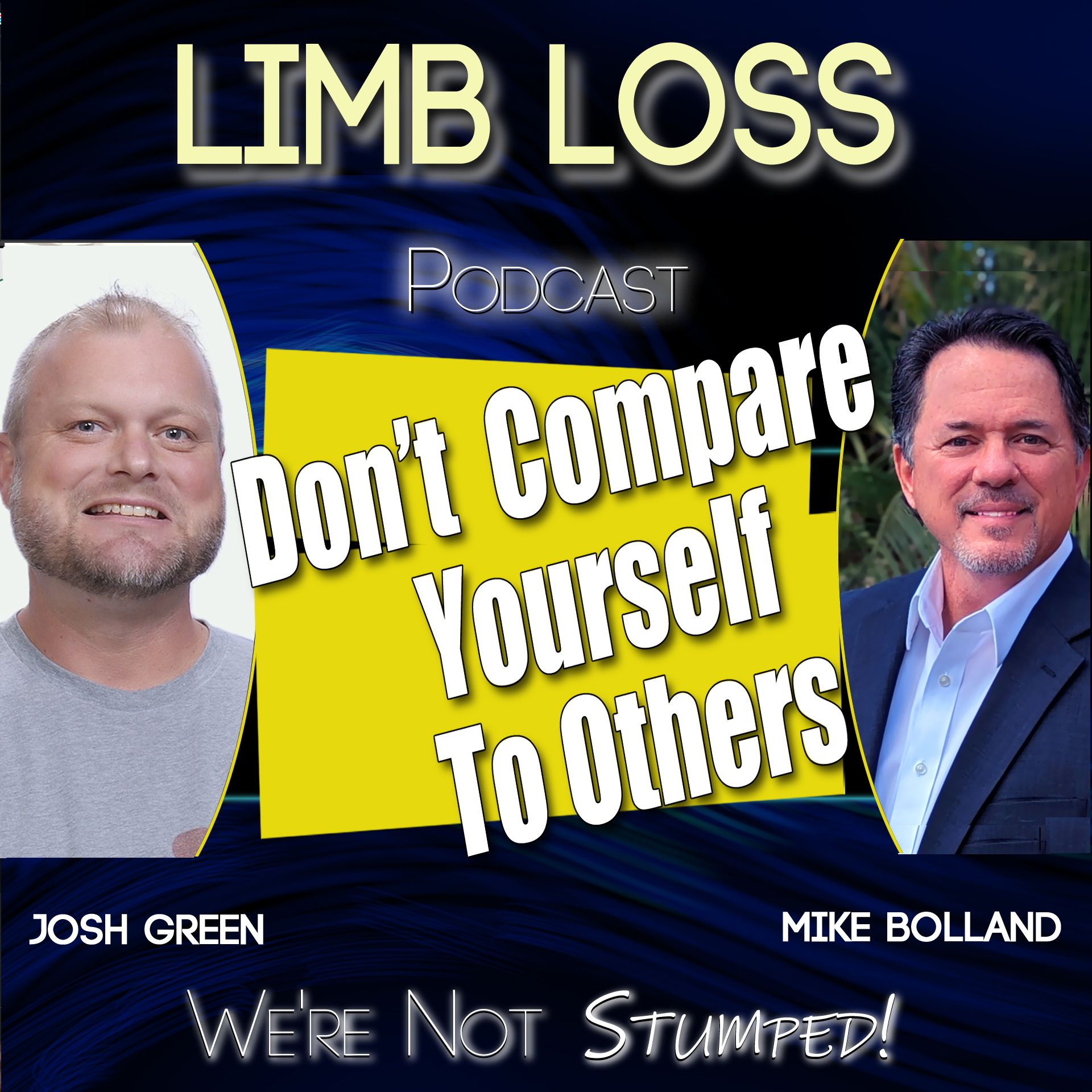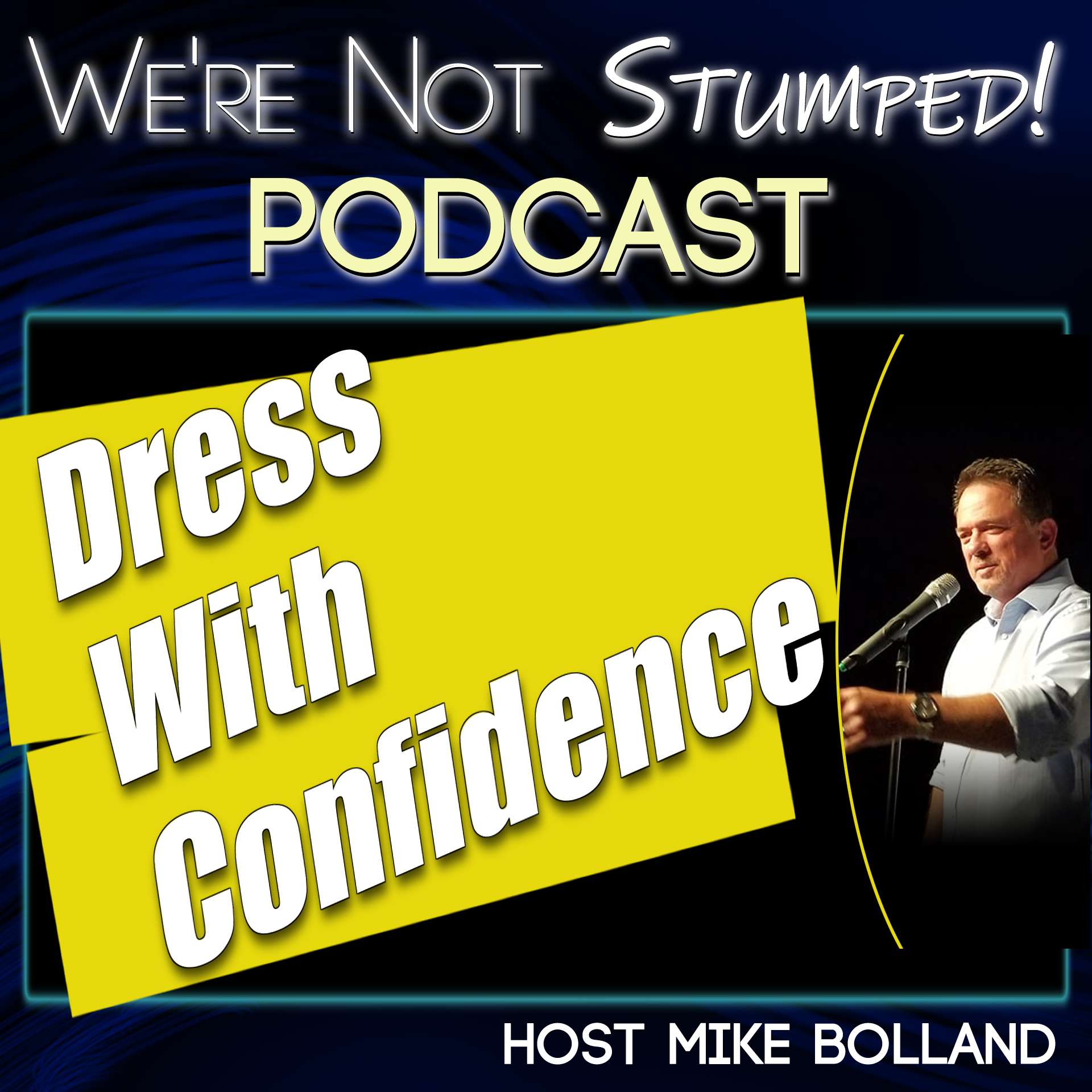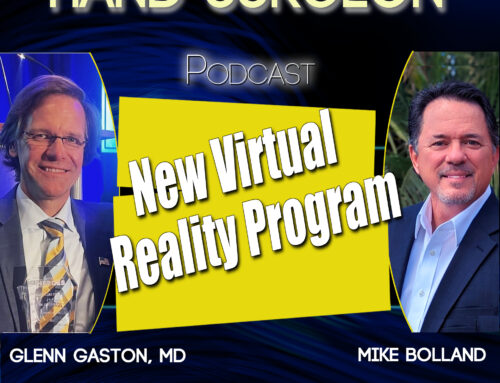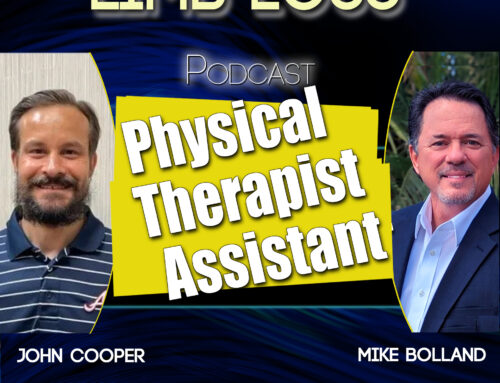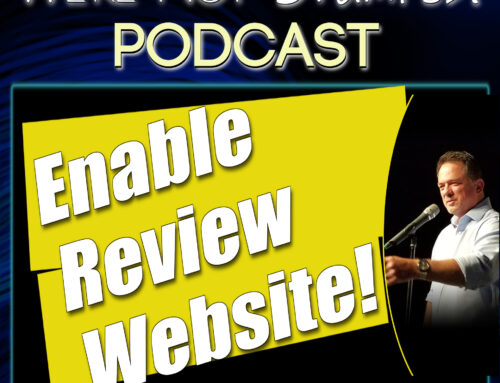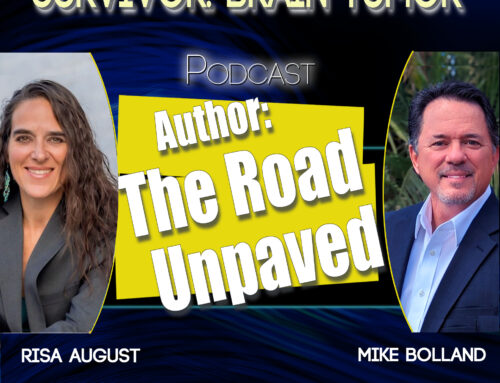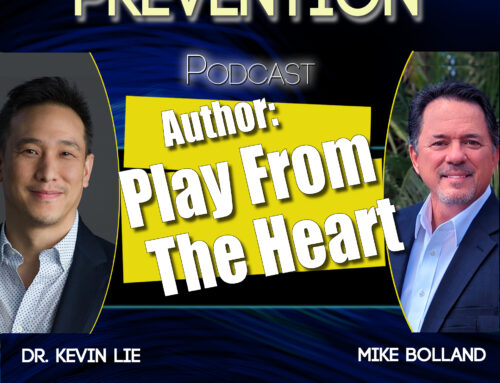In this episode of We’re Not Stumped, host Mike Bolland welcomes Dr. Christopher Duncan, Chief Medical Officer at Biologic Input Output Systems (BIOS), for a groundbreaking discussion on the future of neurotechnology and prosthetics.
Christopher shares his journey from physician in physical medicine and rehabilitation to leader in neural interface technology, with a passion for restoring function and independence for individuals with limb loss. Together, Mike and Christopher dive into:
- The intersection of advanced materials, neurophysiology, and machine learning in prosthetic development
- Why current prosthetic options are like “Civil War technology” compared to what’s possible today
- BIOS’s three-pillar approach to advancing prosthetic innovation
- Patient success stories, including a veteran and a surgeon regaining life-changing abilities with robotic prosthetics
- The role of registries in supporting early adopters and ensuring equitable access across regions
- Privacy and legal concerns around brain-computer interfaces and nerve technology
- The importance of partnerships among research labs, hospitals, and government agencies
- Future applications in lower extremities, diabetes, vascular disease, and even paralysis cases
This episode highlights not just the technology, but the human impact of returning people to full employment, independence, and life satisfaction.
Bios Website: https://www.biologicinputoutputsystems.com/
Mike Bolland Motivational Speaker Website
Listen on Apple Podcasts
Watch on YouTube
Listen on Spotify
When Drew Ann Long, a stay-at-home mom from Birmingham, Alabama, discovered there were no shopping carts designed for her daughter Caroline — who has Rett syndrome and cannot walk or talk — she decided to create one herself. In this inspiring episode of We’re Not Stumped, host Mike Bolland sits down with Drew Ann to discuss her journey from frustrated mom to inventor of Caroline’s Cart, an adaptive shopping cart now featured in over 15,000 stores across eight countries, including Walmart, Target, Kroger, and Lowe’s. Drew Ann opens up about overcoming rejection, financial struggles, and even a hacked social media page — all while pursuing her mission to bring dignity and inclusion to families with disabilities.
In this powerful episode of We’re Not Stumped, host Mike Bolland sits down with Josh Green, an above-knee amputee, patient advocate, and founder of the Northeast Ohio Amputee Support Group. Josh lost his leg at just 4 years old and has since turned his life experiences into a mission to uplift and educate others in the limb loss community. Josh opens up about growing up with a prosthetic, how his parents’ positive outlook helped him build confidence, and how sports played a major role in his development. Later in life, he faced new challenges but found strength by connecting with other amputees and realizing the power of community. From overcoming early challenges to empowering others through advocacy and education, Josh Green’s story is one of resilience, leadership, and unwavering positivity.
In this episode of We’re Not Stumped, host Mike Bolland — born without his right hand — shares a powerful message about why he feels dressing well matters for the limb loss and disability community. This isn’t about vanity — it’s about confidence, self-respect, and advocacy. Mike explains how personal style can change the way we feel about ourselves and the way others see us. From challenging stereotypes to promoting positive representation, dressing with pride is one way to say: “I belong here — just as I am.” 🎙️ In this episode, Mike discusses: Why appearance and self-expression are empowering after limb loss or disability How dressing well helps break stereotypes and reshape public perception The connection between confidence, mental health, and advocacy How showing up with pride inspires others in the community 👕 Dressing well isn’t about perfection — it’s about showing pride in who you are. Because when we show up confidently, we make it easier for others to do the same.

